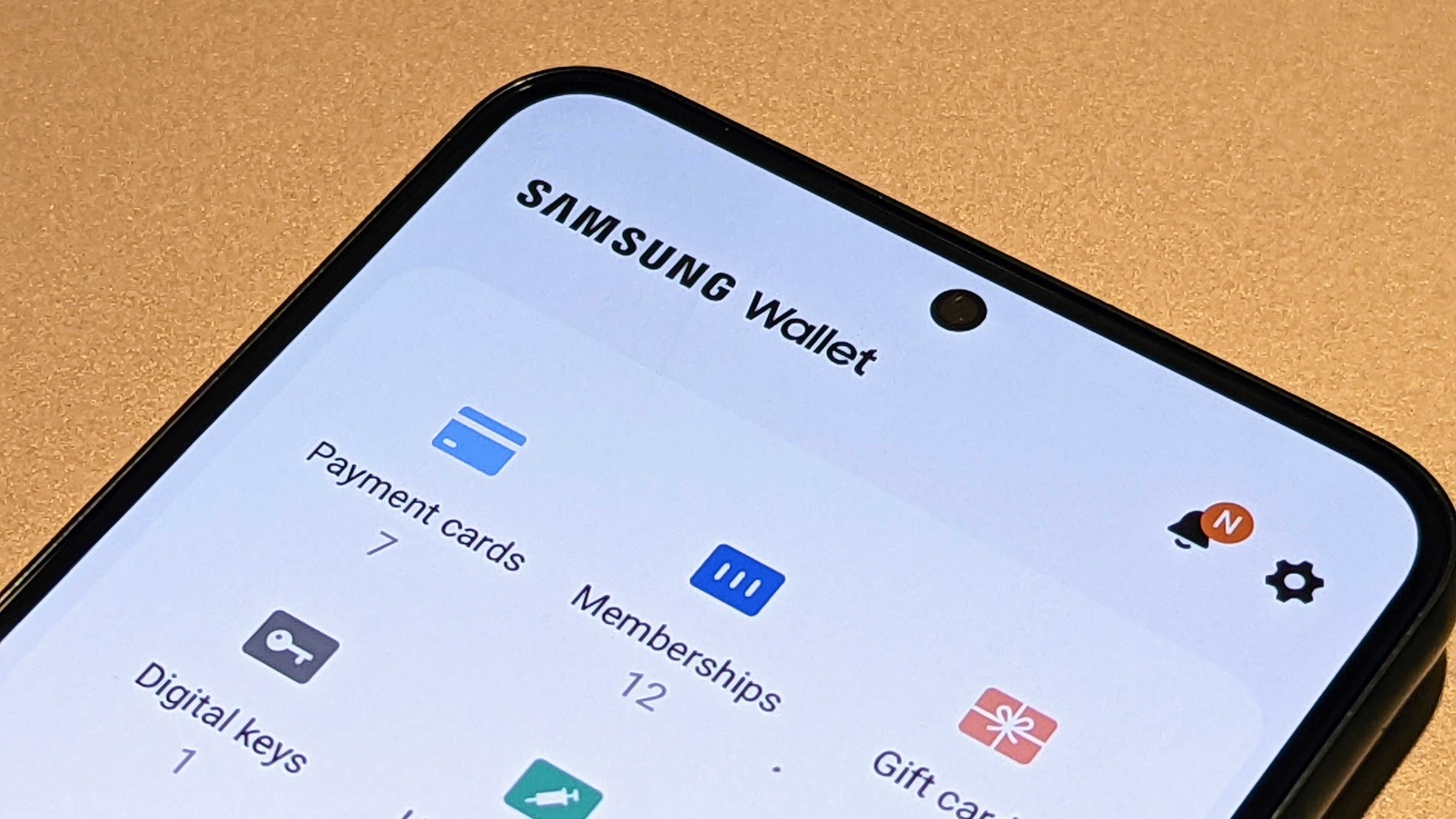What is Cloudflare's WARP VPN and should you use it?
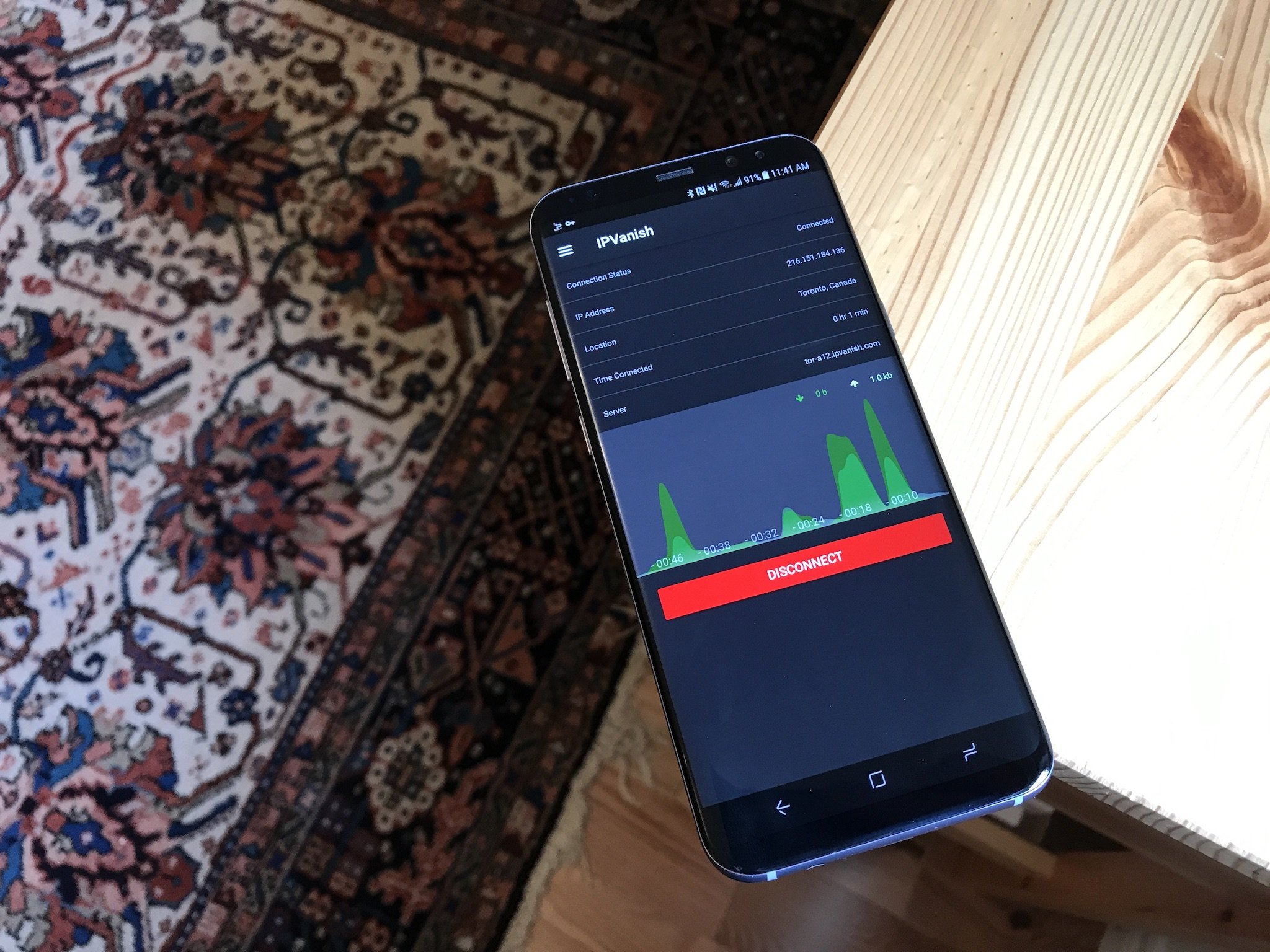
In November 2018, Cloudflare introduced its 1.1.1.1 application. It was a simple app that could move your phone's networking stack to use Cloudflare's 1.1.1.1 DNS service instead of the one assigned by your internet service provider. Google does something very similar with its own public DNS service, but Cloudflare's is faster so it made your connections feel more "instant." The announcement also talked about something called WARP, which would be coming at a later date.
WARP is part of Cloudflare's existing app and not a standalone service.
That later date has arrived, and WARP is now part of the 1.1.1.1 app. So far, not too confusing, but that changes when the term VPN enters the fray. WARP is a VPN, but WARP isn't like any VPN you might be using now or have heard about.
What is DNS?
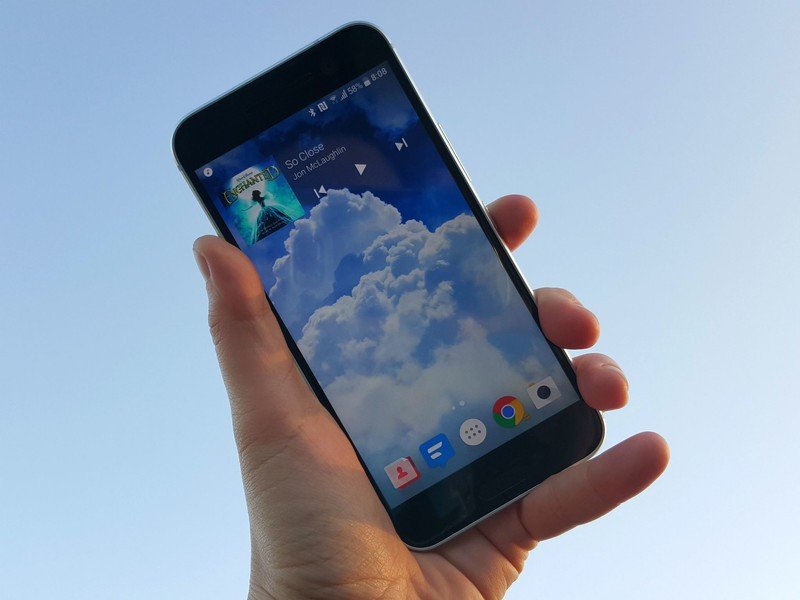
DNS (Domain Name System) is used to convert familiar names like www.google.com into IP (Internet Protocol) addresses like 173.194.39.78.
Your phone (or any other computer) can only connect to anything over the internet using numbers. DNS servers are used to translate the things we type into those numbers so we don't have to memorize them. They're often called the phone book of the internet. These servers, called nameservers, hold files that can look up names like microsoft.com or facebook.com so you can be connected when you type them into your browser or when an app calls for a site to be opened. There is no single computer that holds the billions of DNS records — instead, they are distributed on many machines all over the globe.
Nameservers are the internet's phone book. Remember those?
The way nameservers are mapped means there are machines that hold lookup abilities for each TLD (Top Level Domain), which in turn has its own set of nameservers that has individual records. A TLD is the three letters like "com" or "net" that end a URL you type in.
So you can imagine just how many different machines are used to look up what we all type and convert it into a string of numbers that our phones and computers can use to actually connect to anything on the internet. You can also imagine that some of these machines are super busy and can be slow. If you've ever typed in a web address and waited for a page to change or load, part of that waiting time was probably for the DNS resolution. Having nameservers that are not only faster but don't track requests, like Google or Cloudflare's offerings, is a really good thing.
What is a VPN?

You might think a VPN (Virtual Private Network) is a network tool that keeps you more private on the internet or lets you access region-restricted content, but those are actually byproducts and not at all what a VPN was designed to do. A VPN was "invented" to allow you a direct and secure connection to a remote network through the internet. An example would be me using a VPN to connect to Mobile Nation's servers from anywhere and having the traffic tunneled through the regular internet without interacting with any of it. That's a real example we use every day, by the way.
Be an expert in 5 minutes
Get the latest news from Android Central, your trusted companion in the world of Android
More: Save money with these great VPN deals
A VPN doesn't even have to be encrypted and doesn't even hide your traffic — it simply changes who can see it. There are many great VPNs that do encrypt and anonymize your internet traffic, letting you browse the web privately and access all of its content. But those aren't the only kinds of VPNs and that can be confusing.
What is WARP?
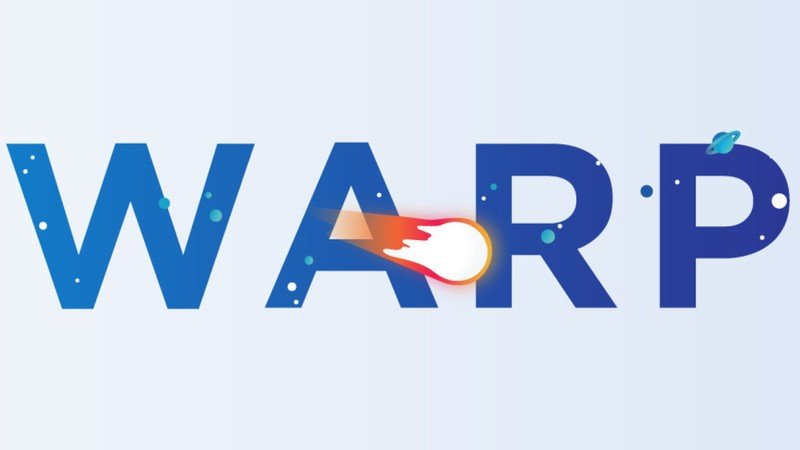
WARP is a VPN that doesn't hide your origin IP (where or who you are) but does encrypt your traffic and use Cloudflare's 1.1.1.1 DNS service. It's rolled into the 1.1.1.1 app and shouldn't be considered a separate thing. The 1.1.1.1 app protects your DNS queries from being "sniffed" on local and unsecured networks, like the Wi-Fi router at your local Starbucks, and when WARP is activated from inside the app it adds a VPN encryption layer that adds to that protection.
A VPN can bolster your online privacy, but that wasn't Cloudflare's original intent.
This is all the 1.1.1.1 app does, and it's not any good for hiding your location or browsing anonymously. It's not advertised to be either, and the terms of service even tell you that your original IP (the one your ISP gave you) is being reported to Cloudflare servers. Cloudflare also says it keeps that data for two years and never sells any of it.
1.1.1.1 with WARP is free to use, but Cloudflare also offers a premium package called WARP+. WARP+ offers the same features as the free version with one handy extra — requests over the internet are routed through Cloudflare's network. Using a feature known as Argo Smart Routing, WARP+ can make sure the things you want to see aren't affected by network congestion. WARP+ pricing varies slightly based on location, which Cloudflare says was done to make sure it matches the cost of a Big Mac.
If this isn't what you're looking for, don't use Cloudflare's DNS and instead use the one your ISP provides or Google's in tandem with another VPN product. There are plenty of great ones to choose from.
Should I use this?
It's not going to hurt anything and it's not doing anything "bad" regardless of what you might have read on the internet. The problem is that Cloudflare uses the words "VPN" and "not a VPN" interchangeably and that makes the whole thing confusing as heck. Even folks who know how all of this works were a bit confused and had to figure out exactly what Cloudflare was doing and what it was offering with the addition of WARP to the 1.1.1.1 app.
If you're not concerned about what DNS is or does and how nameservers or encryption work, think of the app as a little extra protection while on the internet, but not any sort of service that can hide your location or identity and you'll have a good handle on it all. Read the terms of service before you give the app the OK to start working and decide if its something you need.
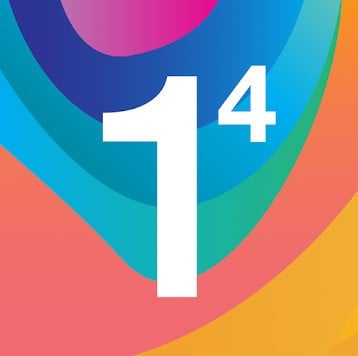
Warp VPN
Cloudflare's VPN isn't a traditional VPN — it encrypts your data without hiding your origin, so it's not meant to be used to access geographically-restricted content or to get around other restrictions. At its core, it's just meant to make your public browsing safer and faster.
We test and review VPN services in the context of legal recreational uses. For example:
1. Accessing a service from another country (subject to the terms and conditions of that service).
2. Protecting your online security and strengthening your online privacy when abroad.
We do not support or condone the illegal or malicious use of VPN services. Consuming pirated content that is paid-for is neither endorsed nor approved by Future Publishing.

Jerry is an amateur woodworker and struggling shade tree mechanic. There's nothing he can't take apart, but many things he can't reassemble. You'll find him writing and speaking his loud opinion on Android Central and occasionally on Threads.
